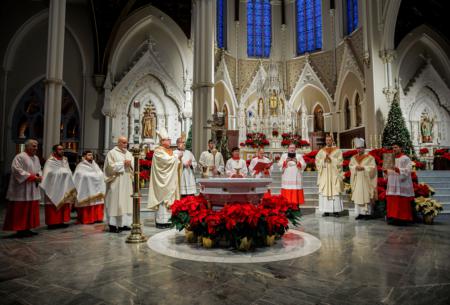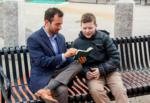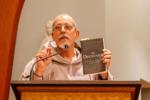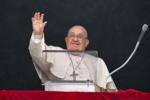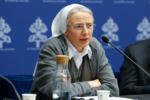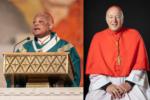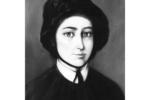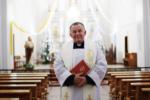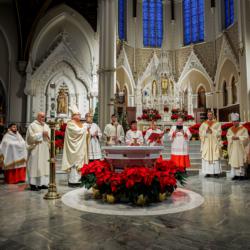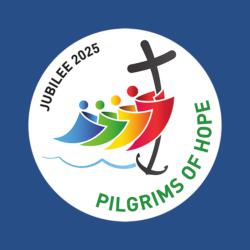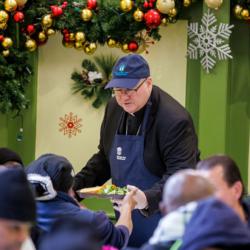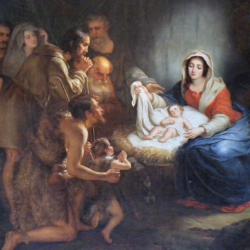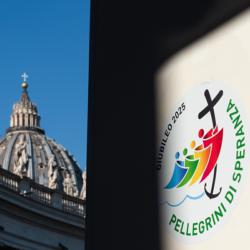Pope declares 'venerable' Mother Lange, Fátima visionary
VATICAN CITY (CNS) -- Recognizing they lived the Christian virtues in a heroic way, Pope Francis has declared venerable Mother Mary Elizabeth Lange, founder of the first Catholic order of African American nuns, and Sister Lúcia dos Santos, who, with her cousins, reported seeing Mary when she was a child in Fátima, Portugal.
The pope signed the decrees recognizing their heroic virtues June 22. A miracle attributed to their intercession is still necessary before they can be beatified.
Meeting with Cardinal Marcello Semeraro, prefect of the Dicastery for the Causes of Saints, Pope Francis also recognized the martyrdom of Father Manuel González-Serna Rodríguez and 19 other diocesan priests, laymen and laywomen killed in 1939 during the Spanish Civil War. The recognition of martyrdom clears the way for their beatification without a miracle.
Mother Lange, who was born in Cuba to Haitian parents, came to the United States around 1813, settling near Baltimore, and saw how the children of other immigrants needed education.
"She was determined to respond to that need in spite of being a black woman in a slave state long before the Emancipation Proclamation," according to the official website of her sainthood cause. "She used her own money and home to educate children of color."
With the encouragement and support of a priest and Archbishop James Whitfield of Baltimore, she and three other women made promises of poverty, chastity and obedience in 1829, founding the Oblate Sisters of Providence, an order that continues today. Mother Lange died in 1882.
The other notable decree of heroic virtues involved a religious sister who died much more recently. Sister Lúcia dos Santos died in Coimbra, Portugal, in 2005 at the age of 97. Pope Francis canonized her cousins, Francisco Marto and Jacinta Marto, in 2017.
Sister Lúcia was 10 years old when she and her cousins first saw Mary at Fátima on May 13, 1917.
But her sainthood cause examined her entire life and the huge volumes of correspondence she wrote as a cloistered Carmelite nun.
Much of that correspondence involved her attempts to clarify what became known as the "secrets" of Fatima, which Sister Lúcia made known. In the 1930s, she shared the first two parts. They included a vision of hell shown to the children, along with prophecies concerning the outbreak of World War II, the rise of communism and the ultimate triumph of the Immaculate Heart of Mary, especially in Russia if the country was consecrated to her Immaculate Heart.
Sister Lúcia wrote down the third part of the message, sealed it in an envelope and gave it to her local bishop. The message was sent to the Vatican in 1957, where successive popes read it, but decided not to reveal its contents.
St. John Paul II ordered the so-called "third secret" of Fatima to be published in 2000; he believed the secret, actually a vision, referred to the 20th-century persecution of the church under Nazism and communism and spoke of the 1981 attempt to assassinate him. The pope was shot May 13, 1981, the anniversary of the first of the Fatima apparitions.
